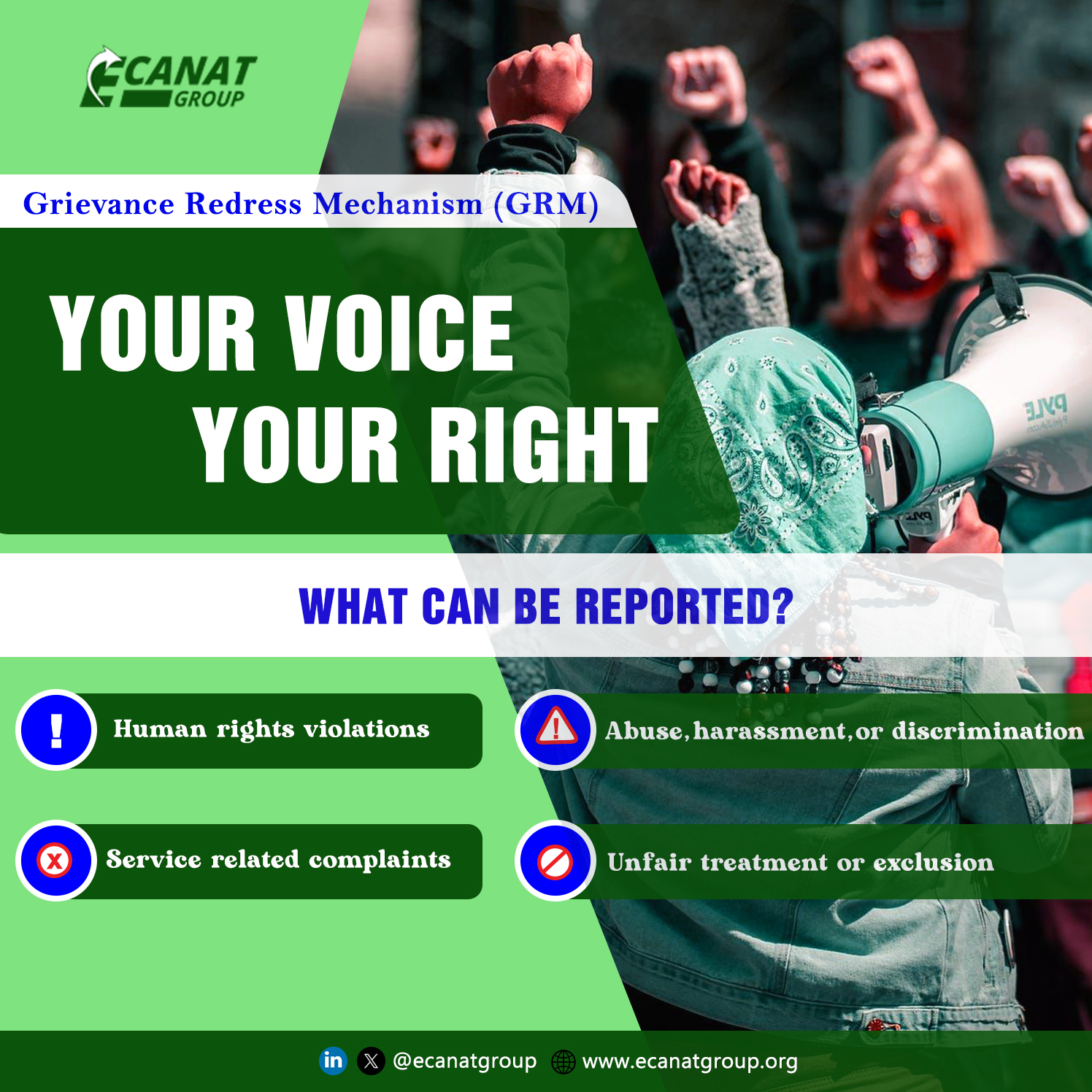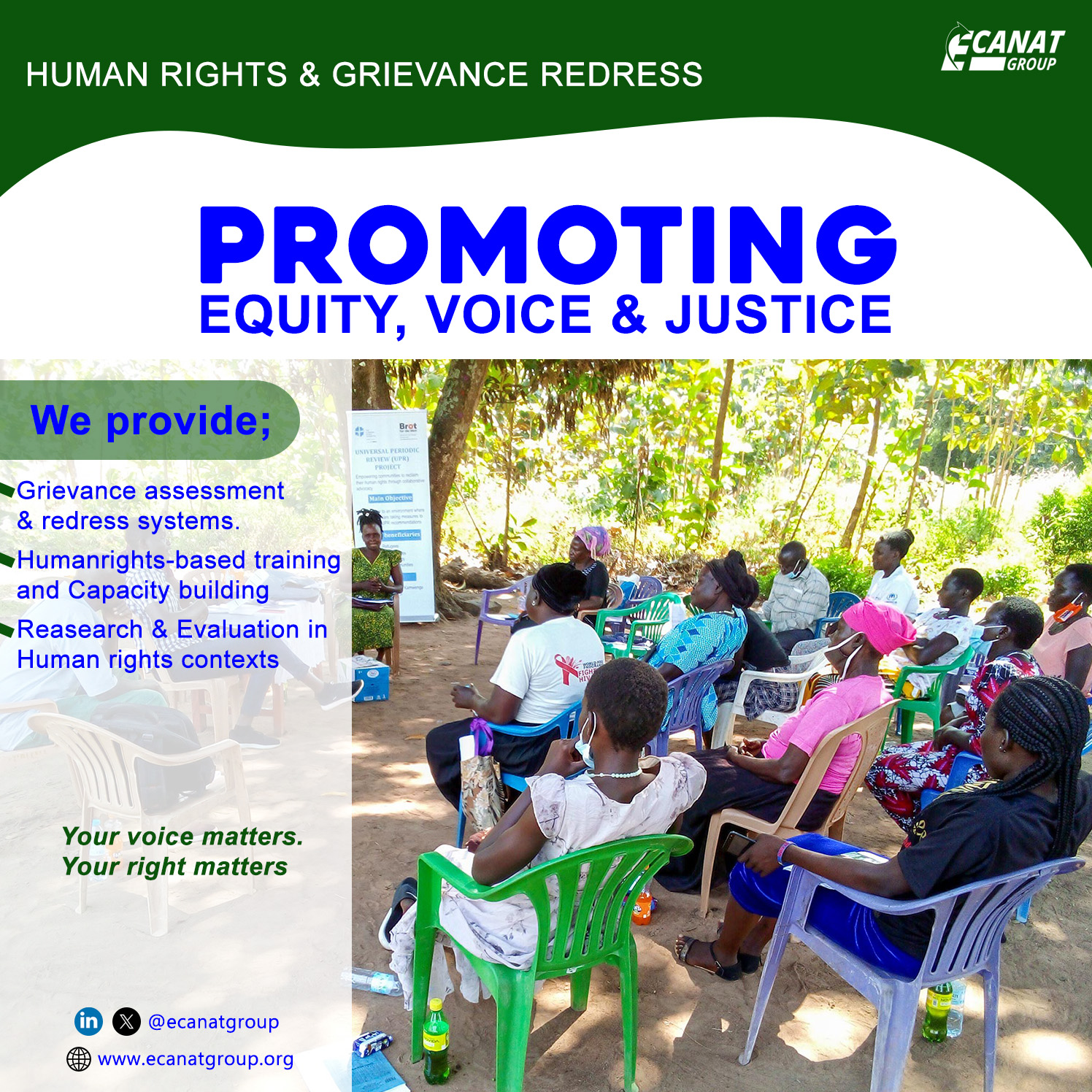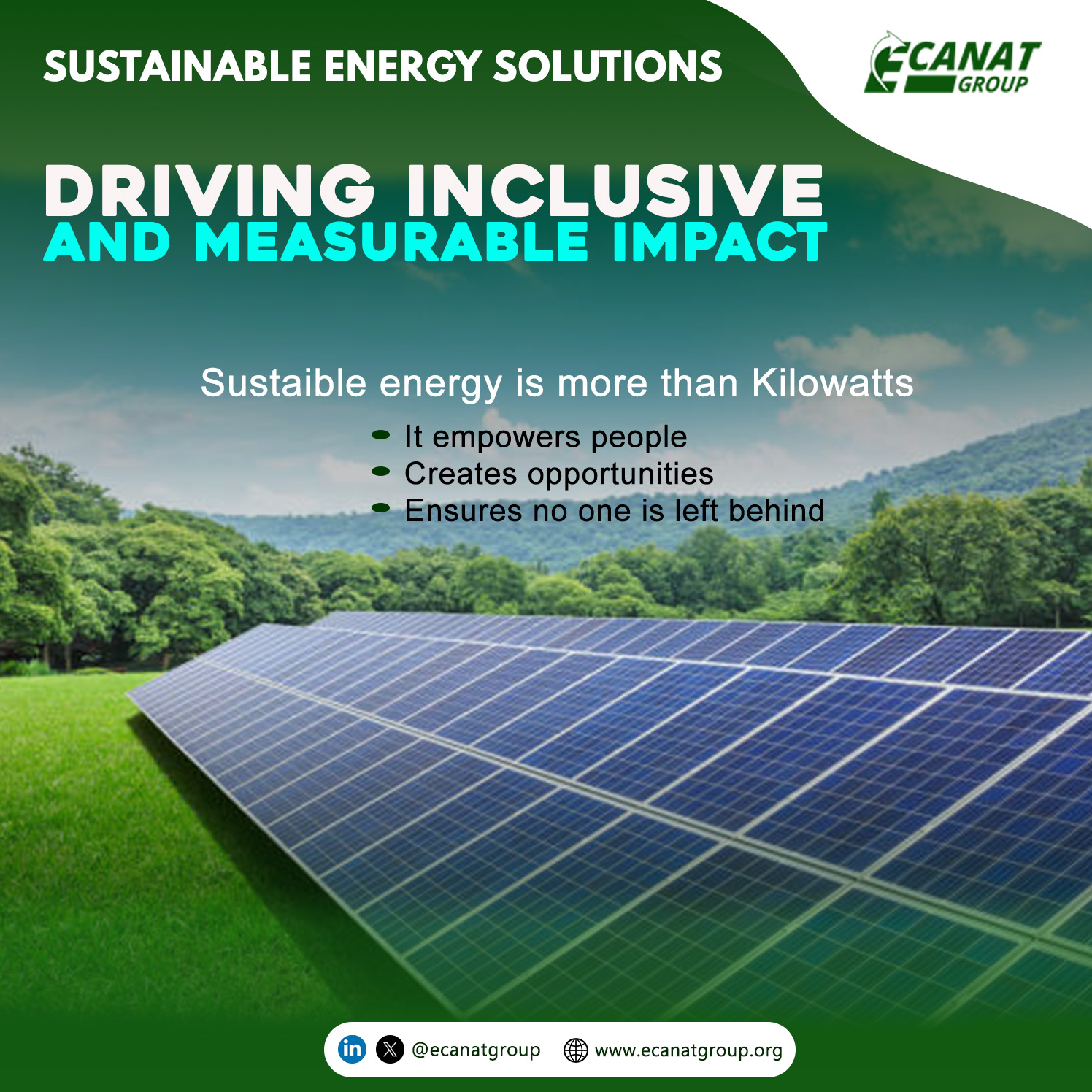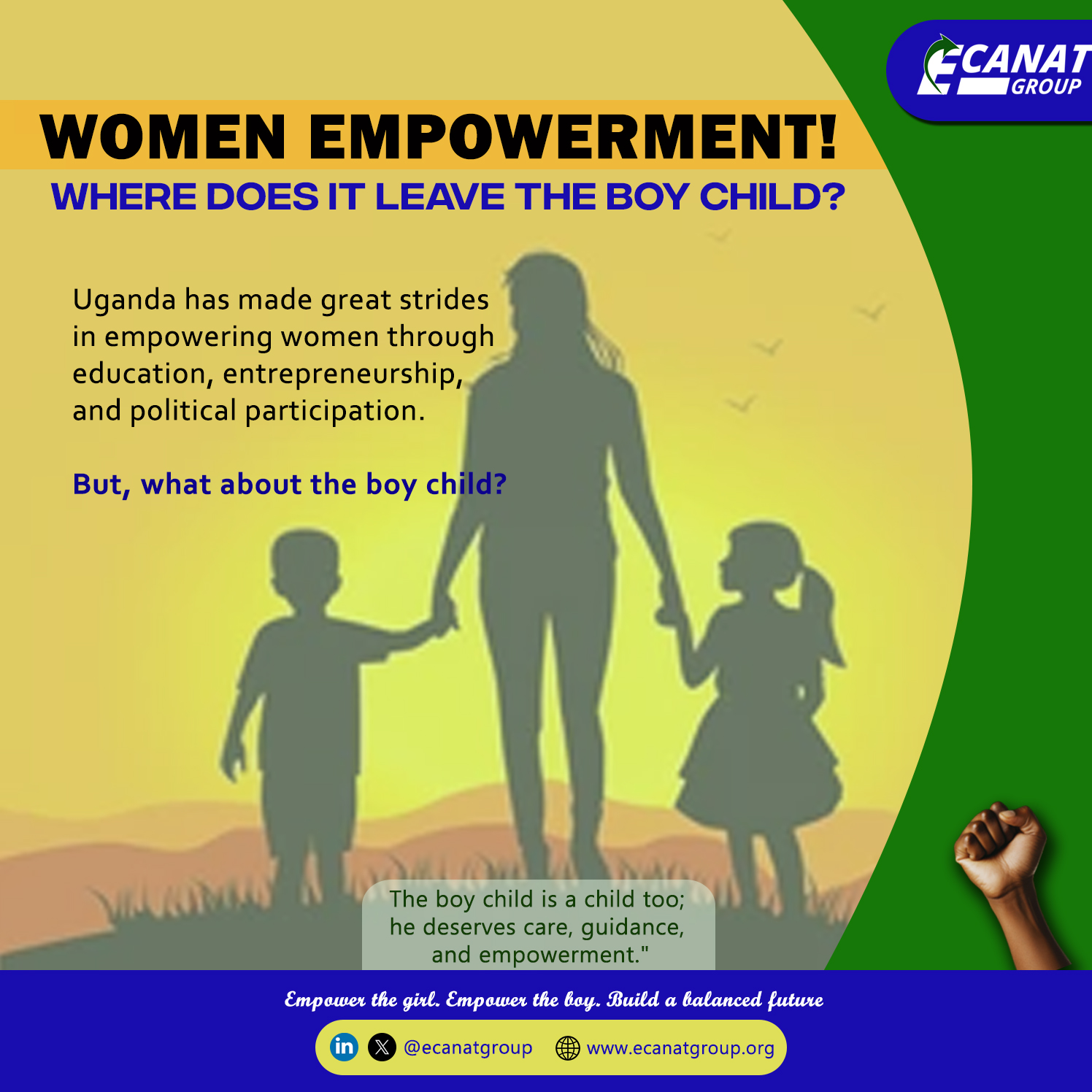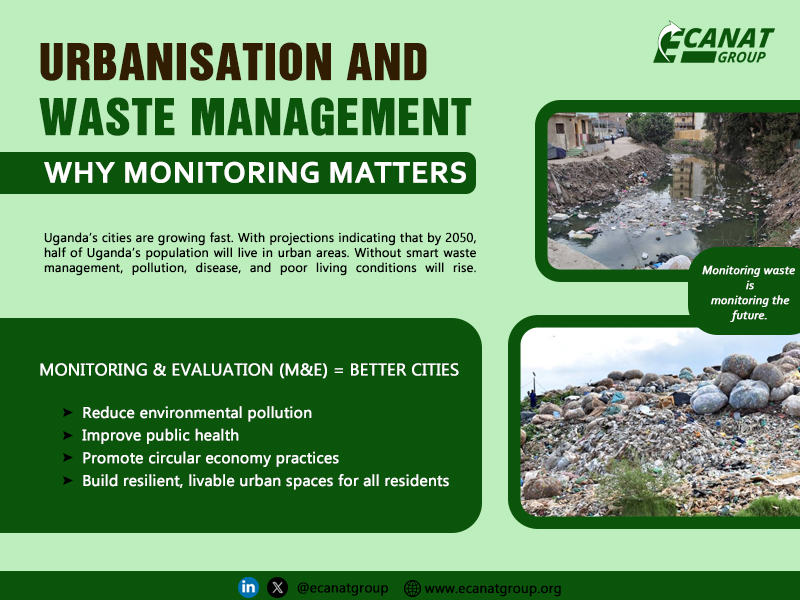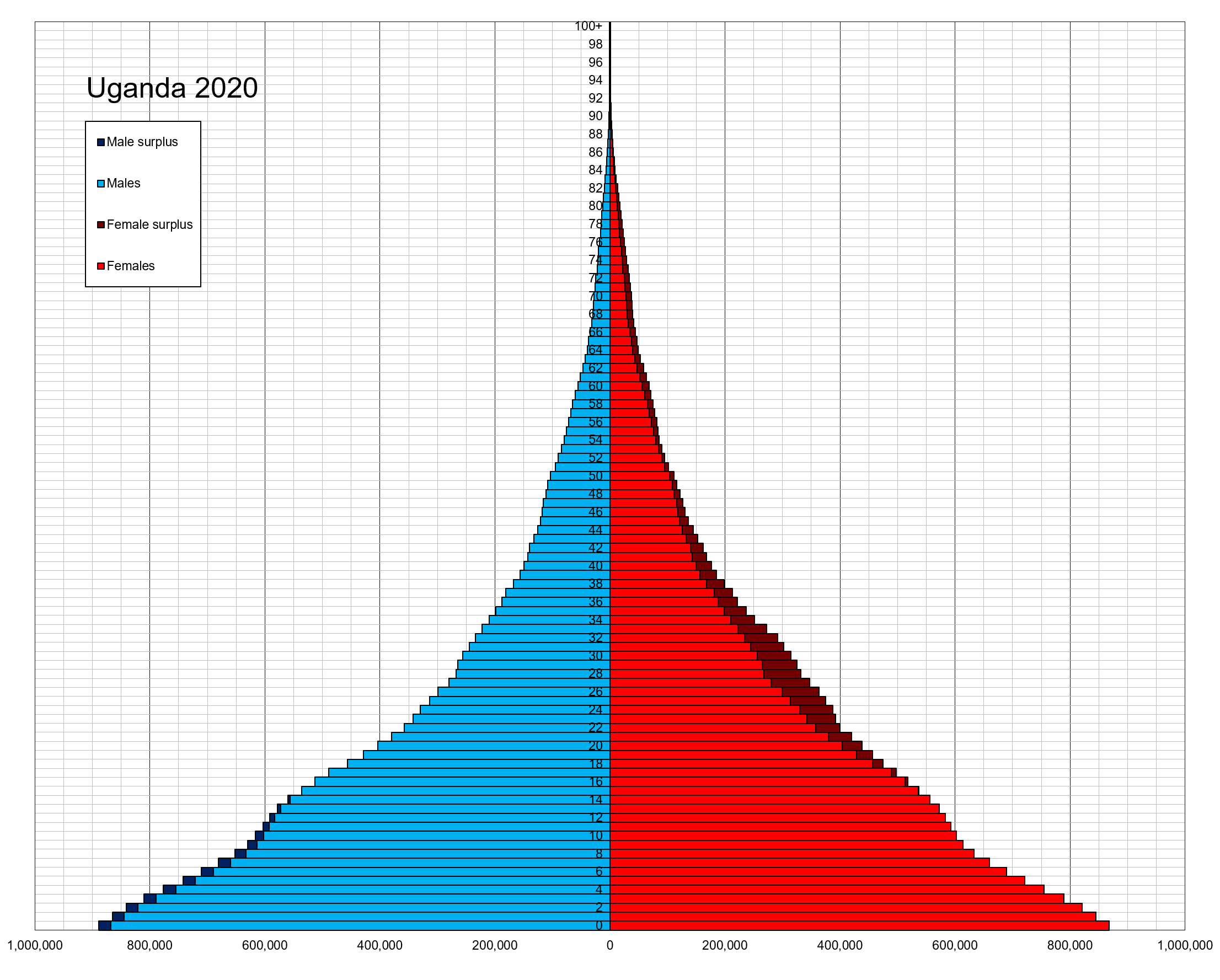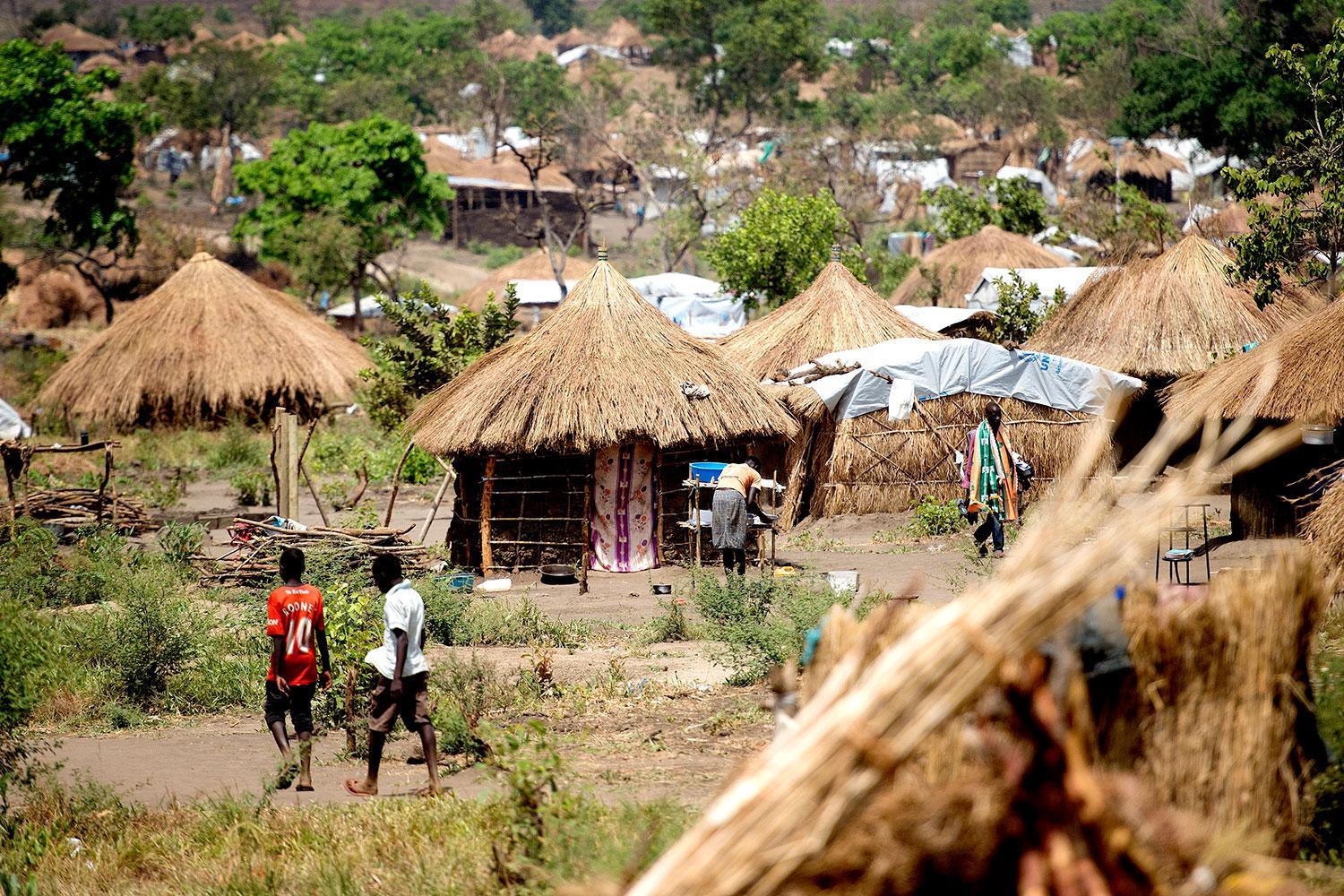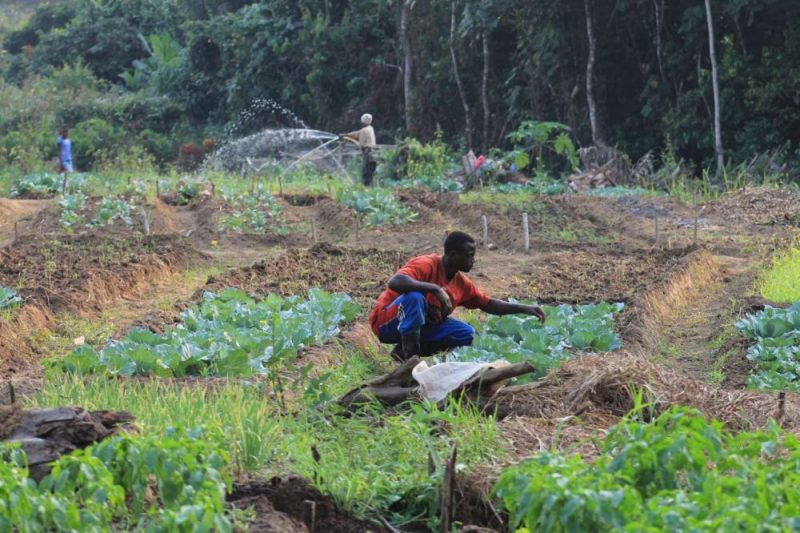According to the World Bank Summit (2015), food security is defined when all people at all times have physical and economic access to sufficient safe nutritious food that meets their dietary needs and food preferences for an active and healthy life. It should however be noted that everyone is encouraged to meet society’s food and textile needs in the present without compromising the ability of future generations to meet their own needs. Sustainable agriculture is encouraged for it prioritizes long term environment health, economic viability and social equity while also ensuring food security for future generations. At ECANAT group, our team of consultants have undertaken various studies in the same line with different organizations including;
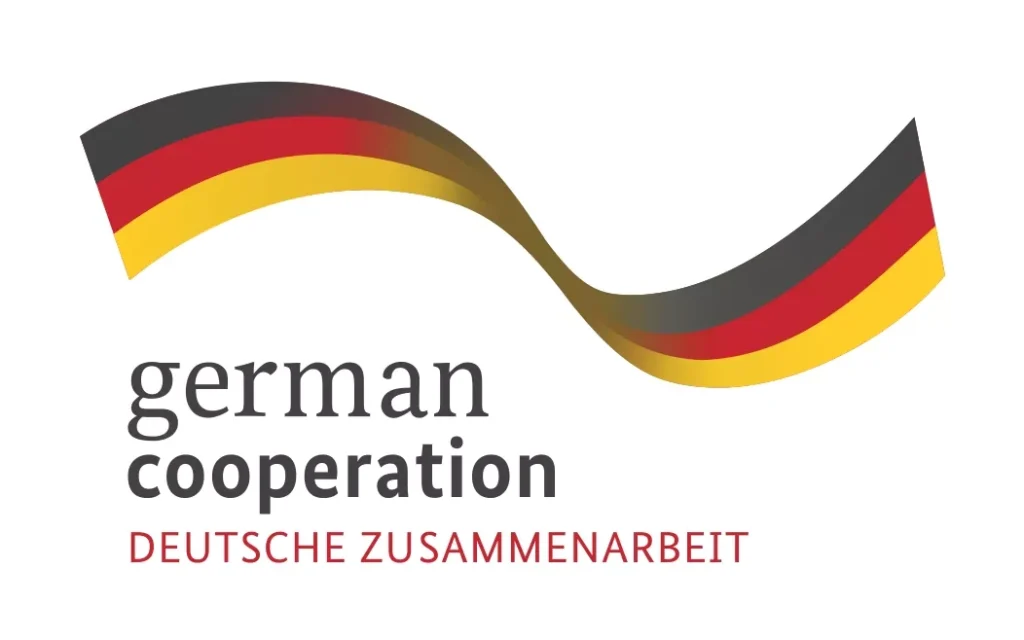


ECANAT Group undertook an evaluation; Reforestation, Food security, Processing and Marketing for Smallholder Communities in Uganda evaluating the relevance, effectiveness, efficiency, impact, Sustainability, Participation and ownership of the 7 organizations in the umbrella of Green Light Forum Uganda, a union under the German Cooperation (BMZ)
Some of the work for Advocacy Coalition for Sustainable Agriculture (ACSA)
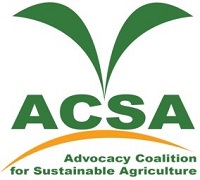
Regional research for value chain and cost benefit analysis for plantation sugar cane growing in Uganda. The study came up with guided options for sugar cane value addition that would guarantee sustainable incomes and food security.
A comparative Study on the Profitability of Organic and Conventional Pineapple Value Chain in Uganda on behalf of ACSA. The overall objective of the study was to find out in absolute terms the profitability and financial sustainability of organic and conventional pineapple production with an overarching aim of attracting more investments in organic farming in Uganda.
Conducted the documentation of Irrigation systems in Uganda regarding irrigation technology being used by farmers, raw materials used, enterprises applied/commercial or subsistence/home use, yield, land coverage, durability of the technology and challenges faced by the end-users among others. The study was endorsed to provide accurate and latest trends related to demand and the cost benefit analysis for some of the irrigation technologies. The study was conducted in Gulu, Nwoya, Kasese, Kamuli and Wakiso.
Documentation of community led seed systems in Uganda with regard to the seed sub-sector, the actors, support structures and their sustainability, existing seed markets, issues derailing development of the seed sector as well as existing seed management practices by seed companies, farmer groups, individuals and institutions. The study was endorsed for advocacy processes aimed at the development and improvement of the seed sub-sector in Uganda especially those targeted at boosting and supporting seed initiatives among small scale farmer`s community
We undertook and completed a study of Piggery Value Chains for Smallholder Farmers in Uganda. The main objective of this situation analysis was to assess the conditions within which the pig value chains in Uganda operate. The study set out a broader national context for rapid and in-depth pig value chain assessments and analysis at site or small geographical scales through the subsequent research activities.
Slow Food Uganda in Partnership with ACSA

Value Chain and Cost Benefit Analysis of Indigenous Chicken in Mukono and Serere districts.
A value Chain and Cost Benefit analysis of Bee keeping in Lira district.
A value chain and cost benefit analysis of Lung fish in Katosi Mukono district.
Rural Community in development (RUCID)
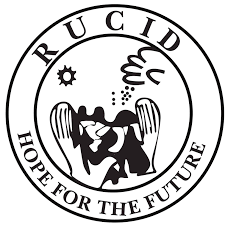
A Base Line Study on Healthy Soil and Health Food conducted in Mityana and Kasanda districts.
Caritas Lugazi

End Project evaluation with caritas Lugazi; “An Evaluation of the Integrated Food Security and Marketing Project”. The assignment provided a detailed analysis of the one-year project looking at supply centers and the promotion of CSSM1 for improved agricultural production in Naminya and Namagunga parishes.
End of project evaluation “Promoting sanitation in schools for better education in Lugazi Diocese”. The overall purpose of the evaluation was to assess the relevance, effectiveness, impact and sustainability 2020 -2021


